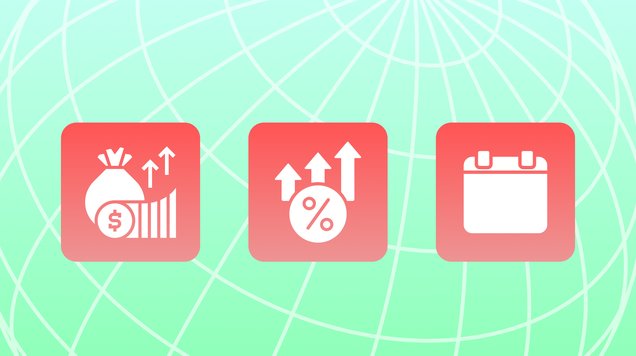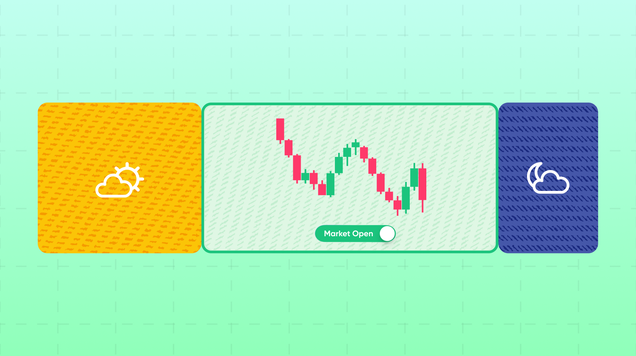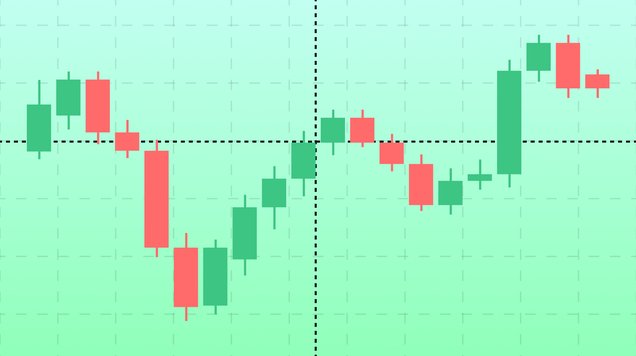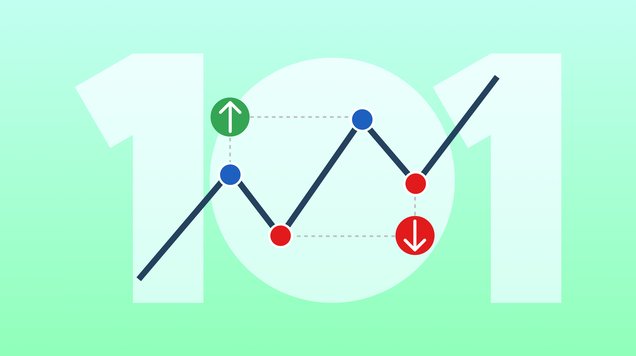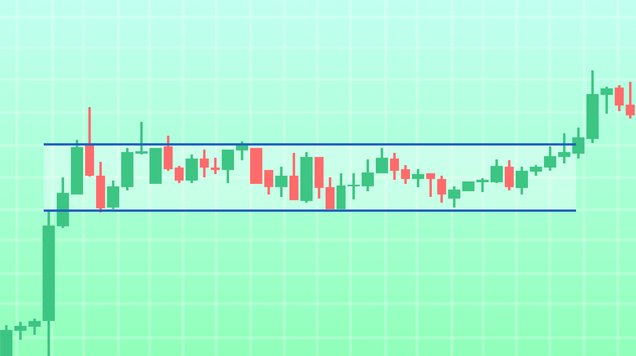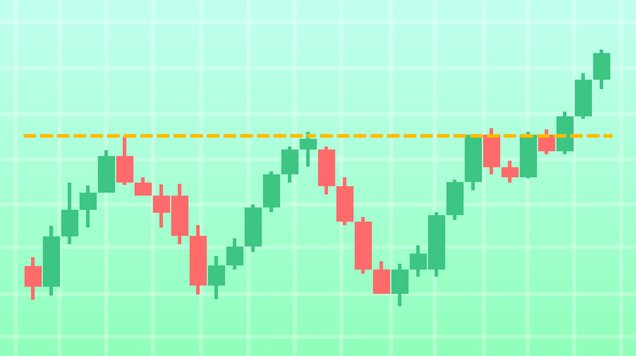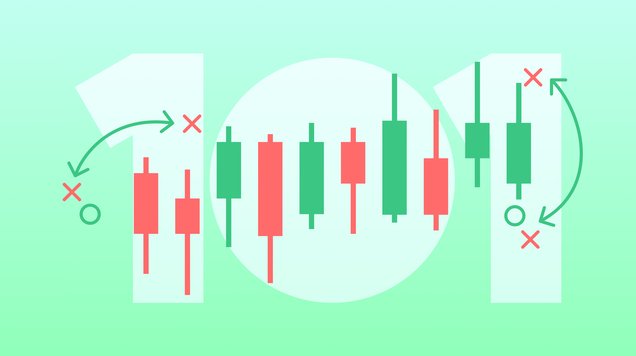Personalities and psychology in trading
Learn about behavioural finance, how to develop a successful trading mindset and avoid emotions leading to losses.
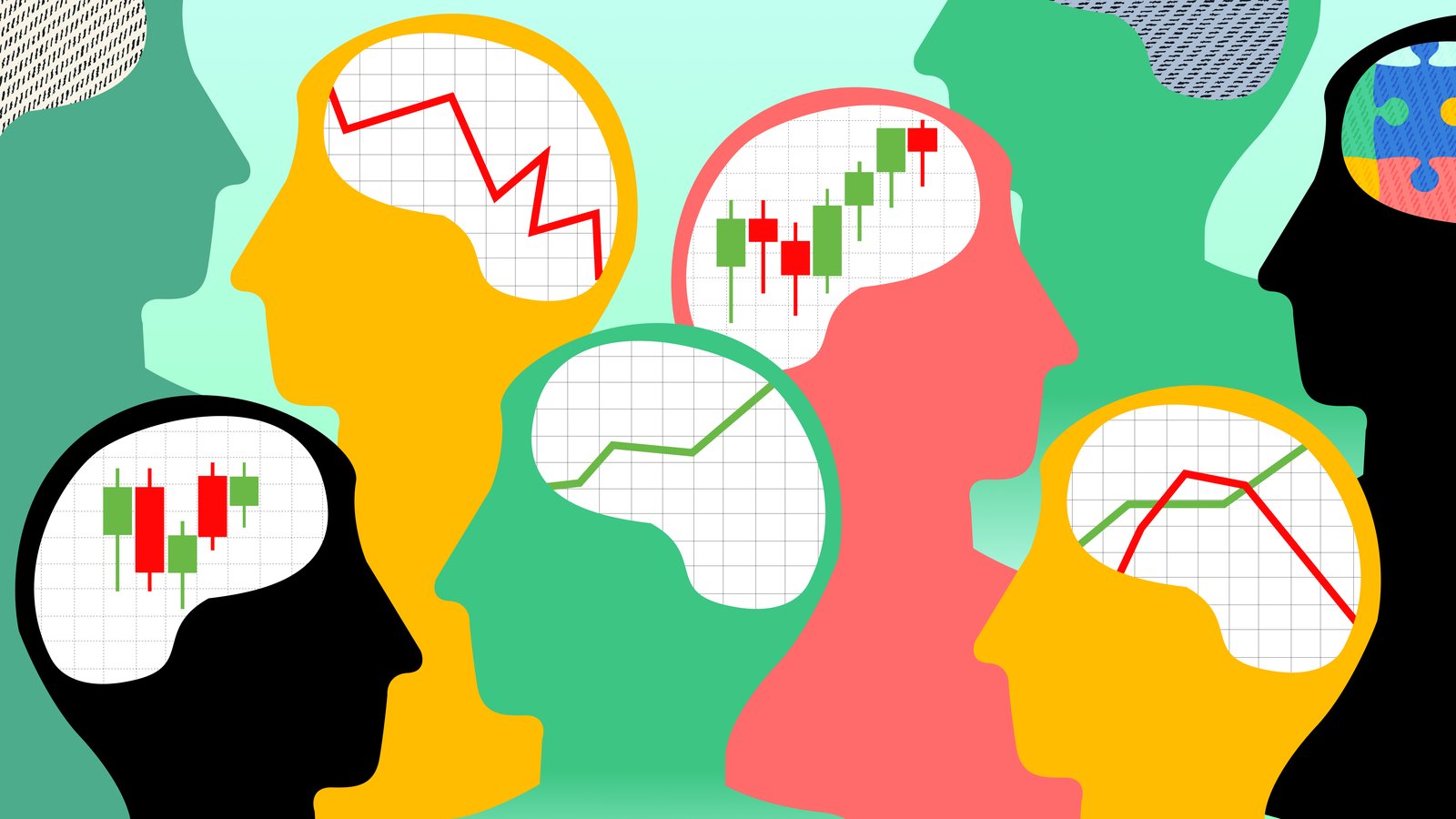
Trading psychology is the study of how emotions and personalities affect the actions of traders
Emotions can impact the sentiment of whole markets and influence trends, with fear and greed being the most common causes of irrational behaviour and radical changes in markets
Confidence, objectivity, and discipline are some of the crucial characteristics that can form a successful trading mindset
Practicing a disciplined mindset means having a clear plan to help keep emotions under control and avoid uninformed decisions
What does trading psychology mean?
Our emotions and personality influence our actions in the financial markets, often without us realising how significant their impact is. This is sometimes called behavioural finance, which explores how emotions influence investment activity and behaviour, in an effort to explain market anomalies.
Trading psychology focuses more broadly on the study of the behaviour and characteristics that influence the way traders act and make decisions in financial markets. It analyses the emotional factors behind trading decisions including a trader’s personality, emotions, biases, and external social pressures.
Greed and fear are considered the most common emotions that drive action in the markets. Other emotions that traders can commonly experience are excitement, hope, depression, and frustration. All of these could lead a trader to take rushed and uninformed decisions and, for example, open or close positions at a wrong moment, or take too much risk on by opening with the wrong position sizing.
Discipline and risk taking are important aspects of trading psychology as trader’s success is determined by finding the ideal balance between the two. Taking risk is necessary to gain profit, but undisciplined trading or approaching strategies with a weak mindset will often lead to losses.
Traders who understand the psychology of trading and recognise which emotions that are most likely to affect their trades are more likely to be successful. Knowing your own risk appetite (low, moderate, or high) and having an awareness of your personality traits are also major advantages.
Understanding trading psychology can also be used as an advantage in predicting market movements caused by the emotional behaviour of other traders, and can enable you to benefit from trading on advantageous market sentiment.
Market sentiment and the impact of emotions
As emotions can impact the way investment decisions are made, they also have the power to influence the entire market.
Feelings are strongly linked to market sentiment which represents the general mood of the marketplace, which is usually described as bullish or bearish. Rising prices are a sign of bullish or optimistic sentiment in the market, whereas falling prices usually indicate bearish or pessimistic sentiment.
Market sentiment is important as it impacts the prices of trading products. When emotions ripple through a market, prices will change quickly but not always accurately. Therefore, the asset prices don’t always match with the asset’s fundamental value, which is based on data and other financial information.
When traders are gripped in fear, they might act rashly and sell assets prematurely because they are afraid of losing more money. Alternatively, greedy traders might invest too largely because they are driven by having more than others. Excessive fear often drives prices down in financial markets, while greed can inflate prices.
Traders may also act irrationally driven by the fear of missing out when others make successful trades and big profits. Fear of missing out (or 'FOMO') can cause traders to react to market movements without considering the possible outcome, as they try to copy the actions of other traders. However, markets are volatile, and changes can be so sudden that there is no guarantee what has worked for others will work for you.
Sometimes emotions can take control over the entire market causing it to crash or for prices to rise extremely high. This scenario is most common after news that causes panic or excitement.
Sentiment analysis aims to capture and analyse market sentiment both in real-time and over longer periods. The Bullish Percent Index (BPI), the Volatility Index (VXI) and the High-Low Index are indicators used in sentiment analysis. Social media and news can also provide information that helps to understand the market sentiment.
Tips for creating a successful trading mindset
Emotions make us to react to certain circumstances and triggers, but there are certain characteristics that will help. Confidence, patience, discipline, and objectivity are amongst the most important qualities that define successful traders.
- Stick to your strategy
Having a trading plan will help to minimise the impact of emotions in your trading decisions. With a clear plan and objectives, there will be less temptation to take quick decisions without evaluating all the possible outcomes of these actions.
There are various trading strategies to choose from for different types of traders, risk appetites and trading styles. Day and swing trading are popular amongst traders looking for short-term profit, trend and breakout trading focus on identifying price changes and trends, while automated trading is a popular option for beginners or traders with less available time to trade each day.
- Analyse markets constantly
To make more informed trading decisions, it’s important to constantly analyse and research markets and news. If you have done your analysis and know your product and the market, it’s easier to feel confident about your decisions as they are supported by data.
Technical, fundamental and sentiment analysis are the most popularly used methods for market analysis. Usually, traders combine different methods to build a comprehensive overview of the market.
- Focus on your own trades
When fear and greed shake up a market, it’s common to feel the need to react and open or close positions based on the price movements and market sentiment. We can also be easily influenced by other people’s opinions and biases which are seen, for example, on social media platforms. Even though other traders can provide interesting insights and helpful information, remember to keep the focus on your trading plan and financial goals.
- Be patient
Trading can require a lot of patience. Big profits rarely come from first trades, and sometimes you’ll have to wait for exciting opportunities. It’s important to remain calm as opening or closing positions too early can affect your potential profits.
- Diversify your portfolio
Diversifying is an efficient way of reducing risk and limiting the emotional burden as your profits and losses don’t depend on the performance of one asset. You can decide to diversify your portfolio within one asset class, for example, buying shares from different companies or industries, or trade different financial products such as forex, indices, commodities, and ETFs.
- Use risk management tools
Constant monitoring of your trades can lead to a loophole of negative emotions and to urge to react to even smallest price movements. Utilising risk management tools like stop loss order can give you more peace of mind. With stop loss order, your open position will be automatically closed when it reaches a specified price level, which you can choose when opening the trade.
- Test your strategy on a demo account
If you are new to online trading, you can easily test your skills and practice avoiding emotional trading on a risk-free demo account. Online brokers offer free trading demos to allow you to place trades in real markets with virtual money.
It’s a safe way to strengthen your trading skills and try different strategies, as you’re not making trades with real money. A great broker will make sure that all their risk management tools are available for demo users as well, so you can test if your strategy matches your risk appetite.
It’s important to remember that even the strongest mindsets will not eliminate the possibility of losing. However, avoiding emotional trading increases your chances for success as your decisions follow your strategy and are based on data, not your mood.

